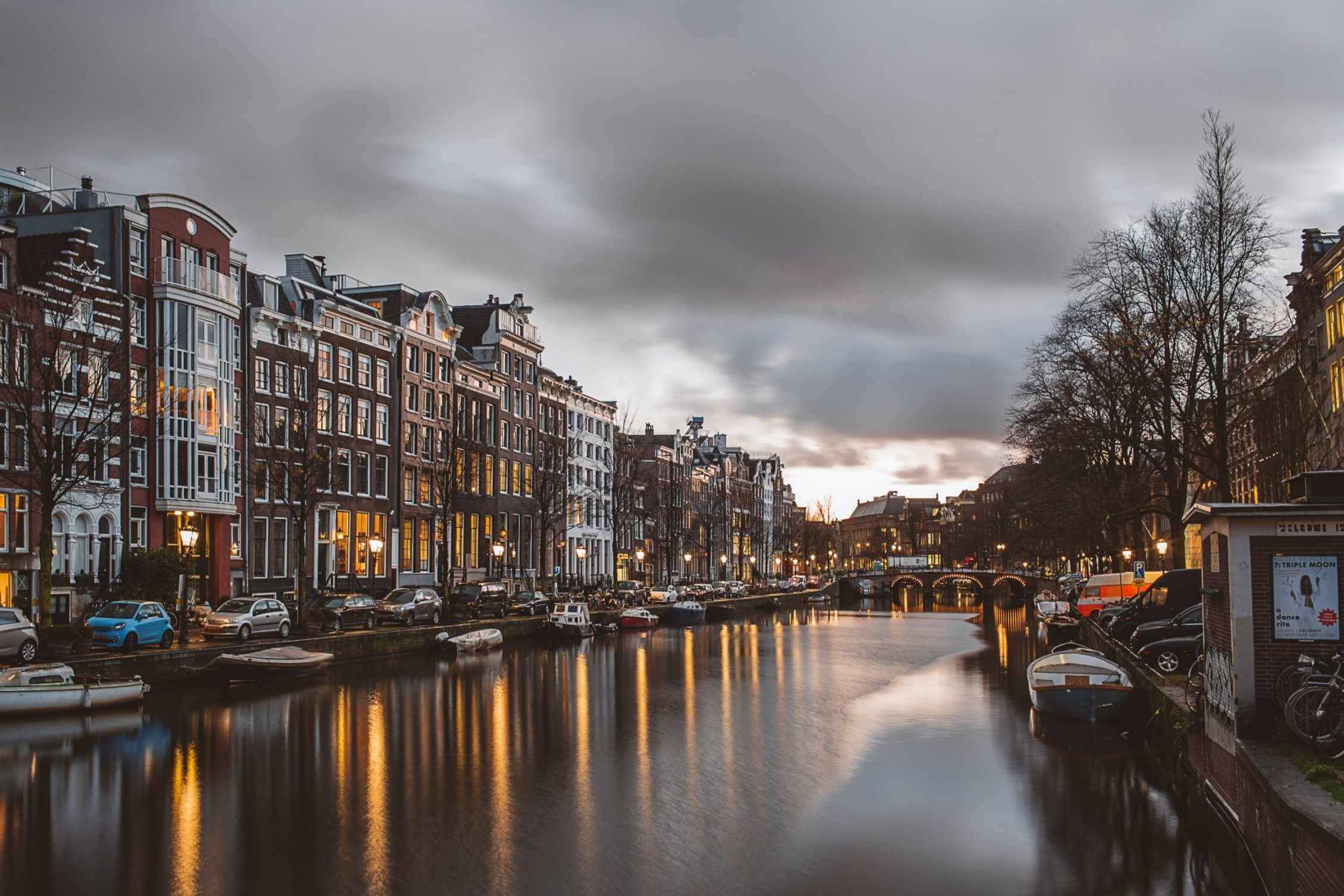Is This The End Of Cannabis Tourism In Amsterdam?
Amsterdam is a vibrant city known for its eclectic mix of bicycles, tulips, the Golden Age of art, the Red Light district, and of course, coffee shops. But the iconic cannabis community these coffee shops have come to represent for the last five decades is at risk of changing forever.
Mayor Femke Halsema, the city’s first female leader, has come out in support of a move that would make cannabis legal only for Dutch citizens. Tourists would be banned from coffee shops in an effort to curb the flow of people into Amsterdam, something local business owners decried as they aim to make a comeback from COVID-19-era lockdowns.
Mayor Halsema, along with Amsterdam police officials, believe pot tourism is behind the hoards of rowdy young people crowding the streets during peak season. She points to a survey conducted by city officials which states, “57 percent of foreigners visiting the center of Amsterdam say that visiting a coffee shop is a ‘very important reason’ for their visit.”
However, she fails to mention that only “22% cited cannabis as the main reason for their visit.”
Marijuana is not currently legal in The Netherlands, rather it is tolerated. Coffee shops exist in a grey area currently; growing remains hidden. Bureaucrats have already reduced the number of coffee shops in Amsterdam from 283 to 166 over the last twenty years.
According to the Mayor’s plan, the number of coffee shops in the city would go down by 100, with 66 remaining shops transitioning to a new, fully legal, and regulated system for cannabis cultivation and sales.
Advocates for the country’s cannabis community argue the move would only hurt the tourism industry as a whole and simply turn street dealers into more powerful players. They also point out that other cities, such as Rotterdam and Maastricht, have instituted similar tourist bans only to have the new laws largely ignored.
If all goes according to Mayor Halsema’s plan, the ban would go into effect in 2022. But most officials believe the move faces an uphill battle or will be revoked soon after implementation due to potentially negative financial outcomes for the local economy.



































